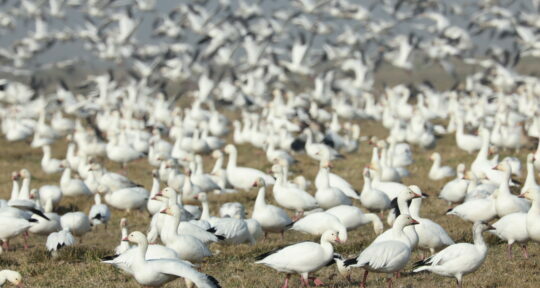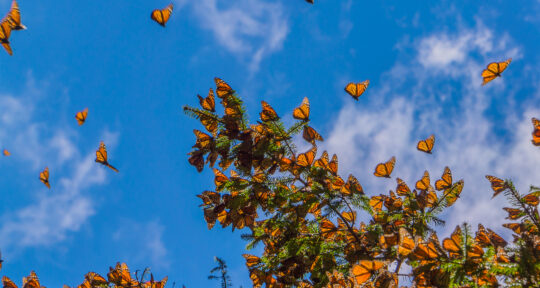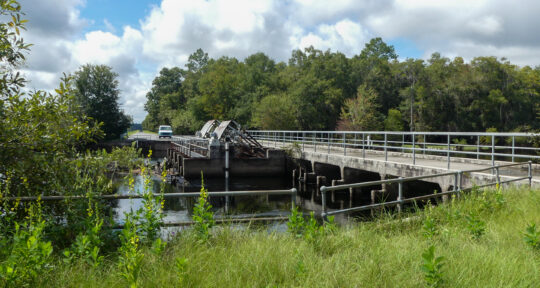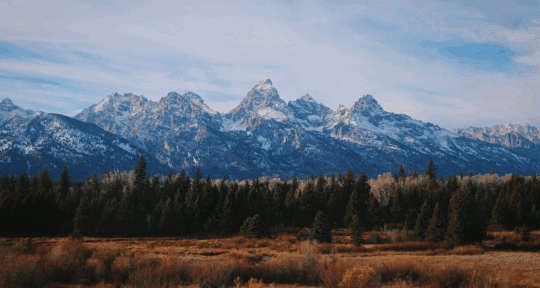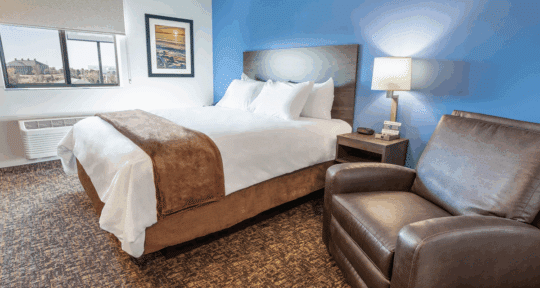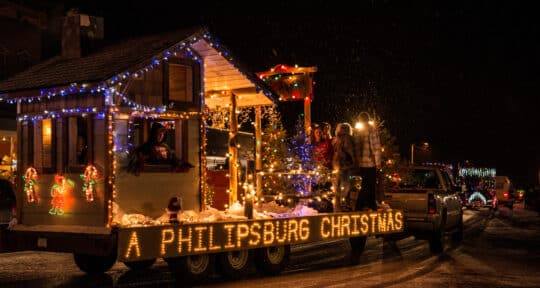I’ve landed in Churchill, a small town accessible only by air or train, perched on Hudson Bay at the edge of northern Manitoba, Canada. A “Welcome to Polar Bear Country” sign hangs above one of the smallest baggage claim belts I’ve ever seen. I, like every other tourist visiting this time of year, have traveled here with high hopes of seeing polar bears in the wild—and Churchill is one of the best places to do it.
Viewing polar bears in the wild sits atop many bucket lists, though there are only a few places in the world to do so. Churchill is a hot spot due to its proximity to the bears’ natural habitat, and companies such as Frontiers North Adventures take guests out safely in their state-of-the-art tundra buggies, led by a knowledgeable guide.
Every year when the ice melts—typically between July and November—the 850 year-round Churchill residents co-exist with their massive and wild 1,000-pound visitors. Polar bears roam the tundra (and sometimes the town’s streets) while they wait for the ice to form once again so they can hunt for seals.
When I visit, the weather is turning colder rapidly and ice is already starting to form; I’m hopeful I’ll get to feast my eyes on the “lords of the Arctic” before they all hit the ice, hungry from months of waiting. There are no guarantees in nature, but the two days I spend out on the tundra are even better than I could have imagined.
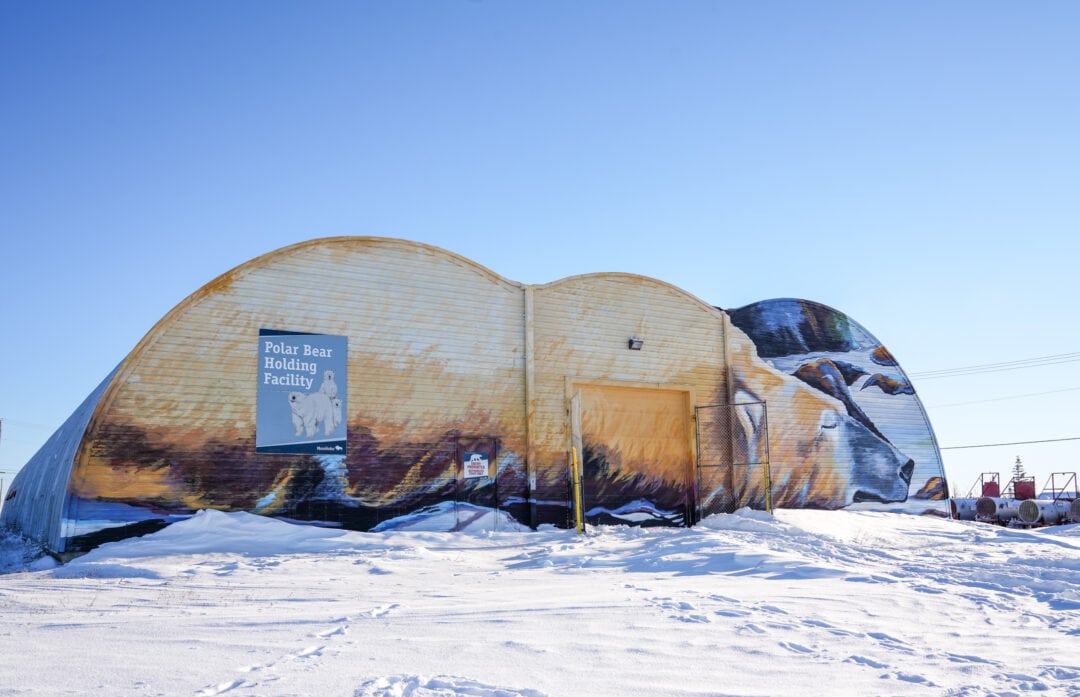
The “polar bear jail” is one of the first things I see between landing at the airport and arriving in the small town of Churchill. The old military Jeep garage serves as a holding spot for polar bears who meander into town. To keep the community and the bears safe, the stragglers are typically relocated, or released at the end of the season to head out on the ice. The building artwork is by SeaWalls Project, curated by Canadian artist Kal Barteski, with other works adorning buildings throughout Churchill.
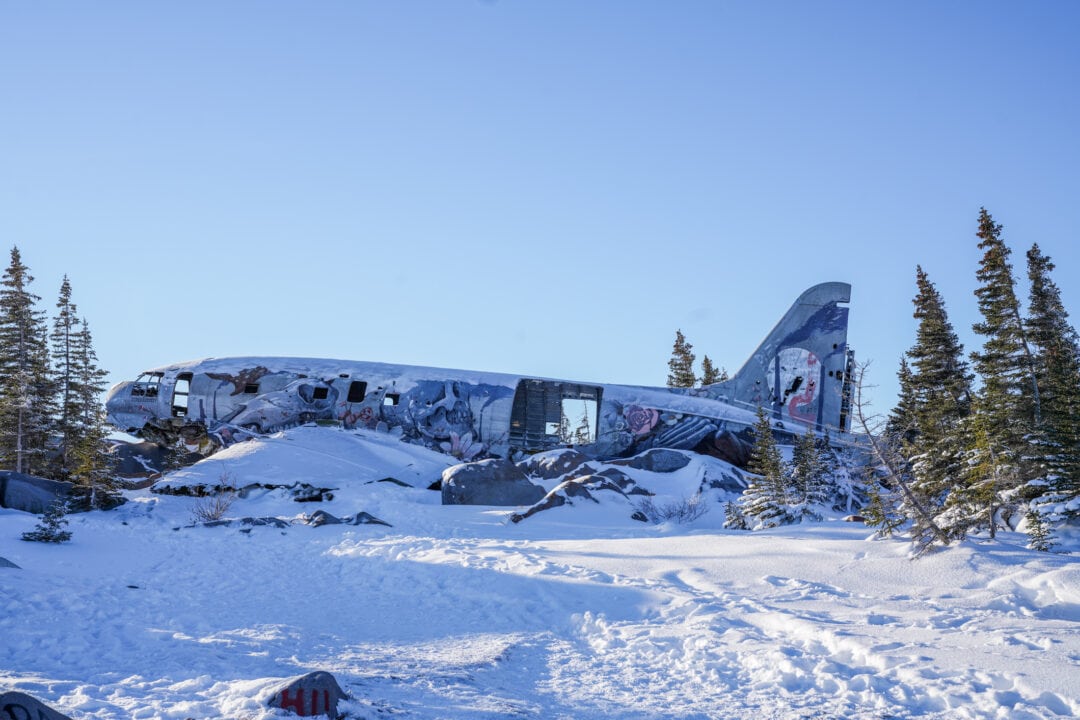
Another interesting site to visit just outside of town is the Miss Piggy plane wreck, a cargo flight that crashed in 1979. The pilots survived and the wreckage has since become a unique tourist attraction as well as a canvas for graffiti-style artwork.
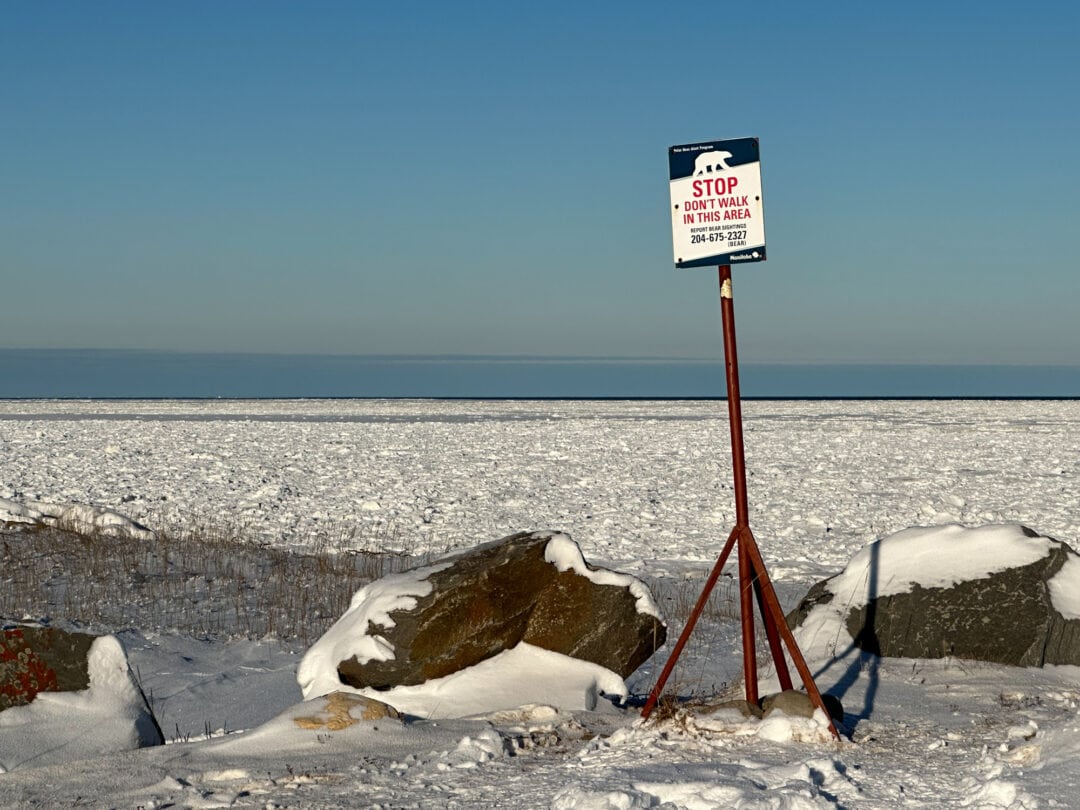
Near the Hudson Bay shoreline on the edge of town, polar bear safety signs detail the phone number to call for a bear sighting in order to alert residents and keep the community out of harm’s way.
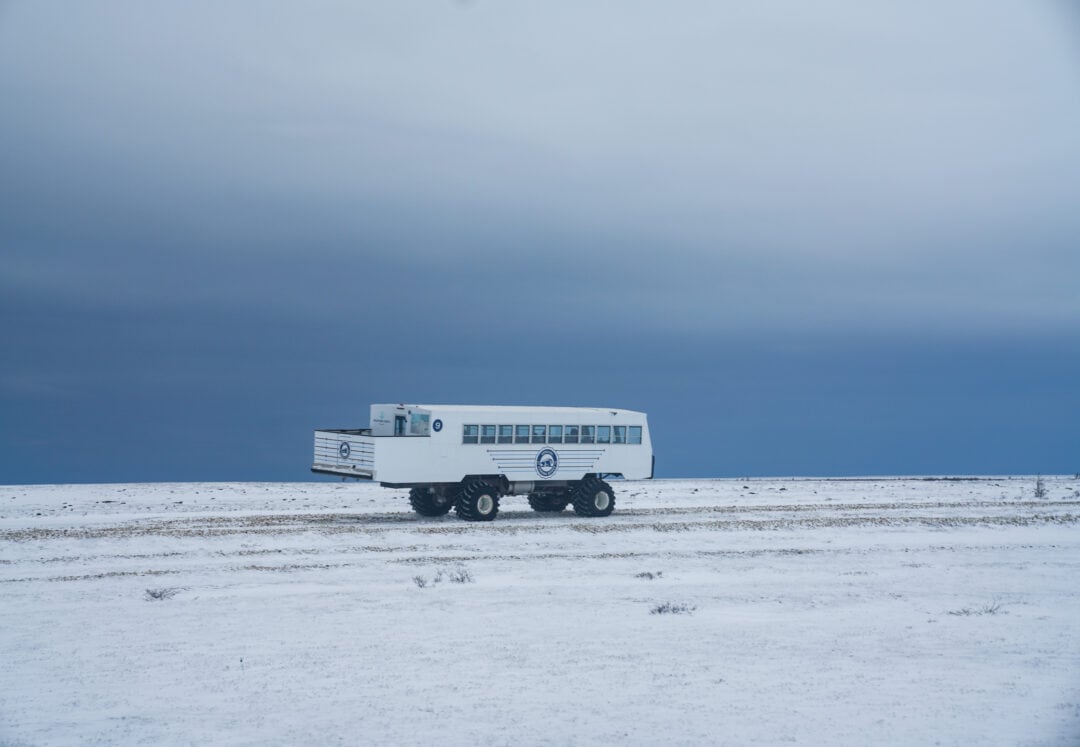
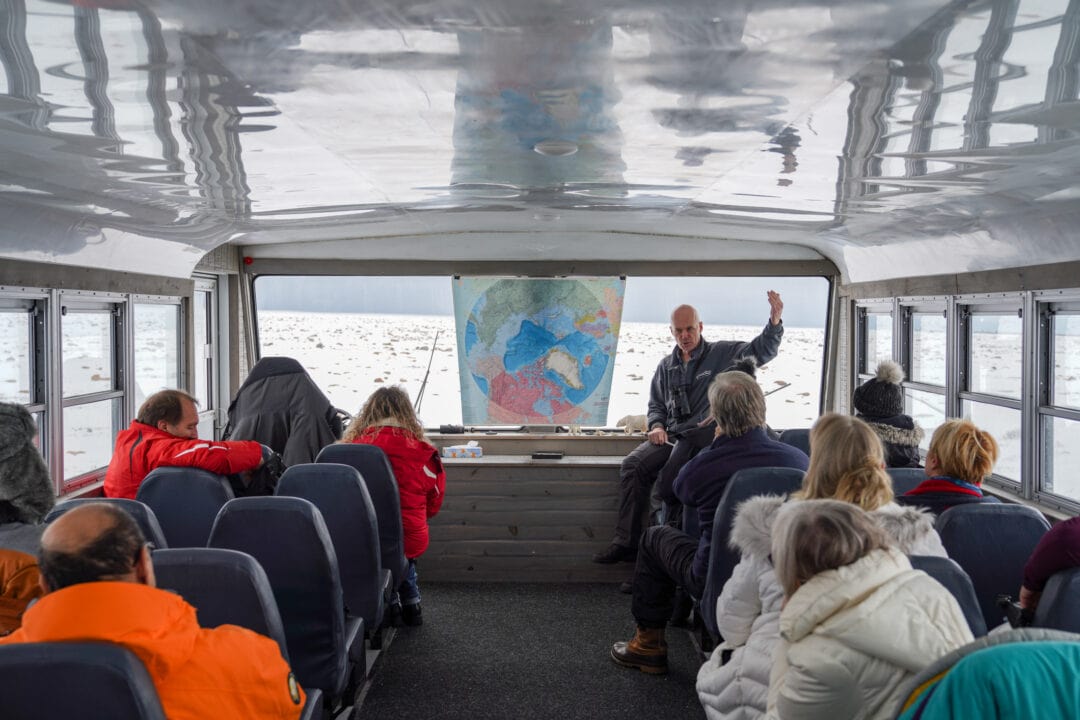
The massive tundra buggies are built for traversing the rugged terrain and offer heat, bathroom facilities, and a back deck and sliding windows to facilitate photo ops. Lunch is served on board and if you’re lucky, you’ll be tucking into a bowl of warm soup while you catch a glimpse of polar bears napping.
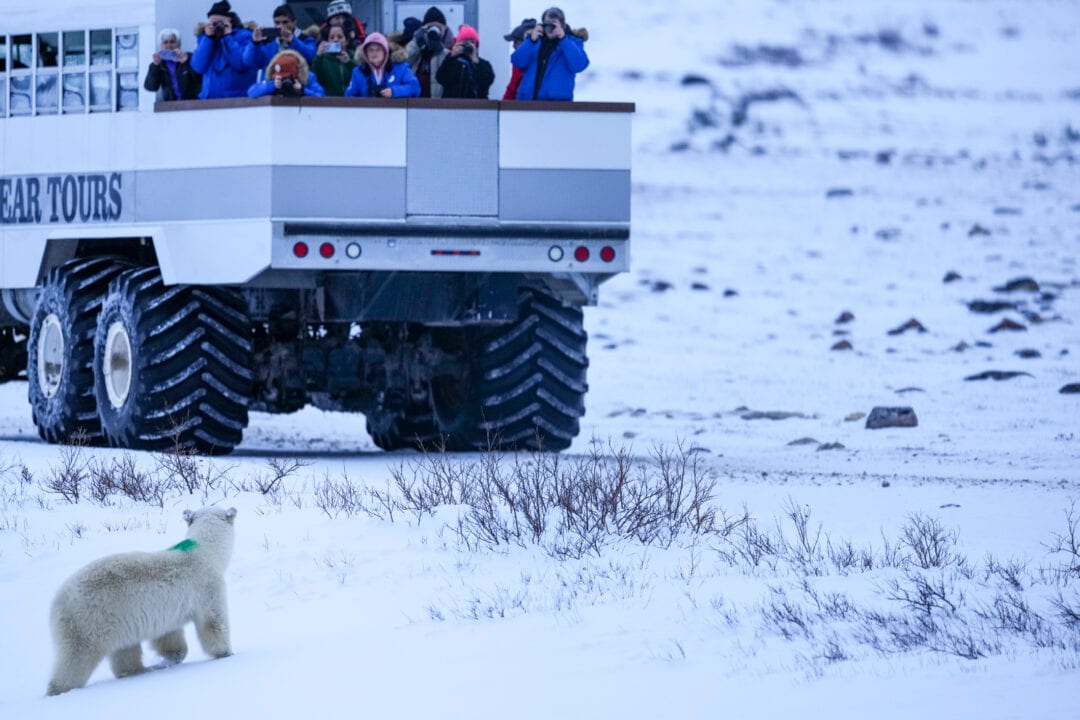
The back deck of the tundra buggy is a favorite spot for photographers to capture amazing shots of polar bears both near and far. Sometimes, the curious creatures even make their way up close to the buggies and you can marvel at them from a safe height.
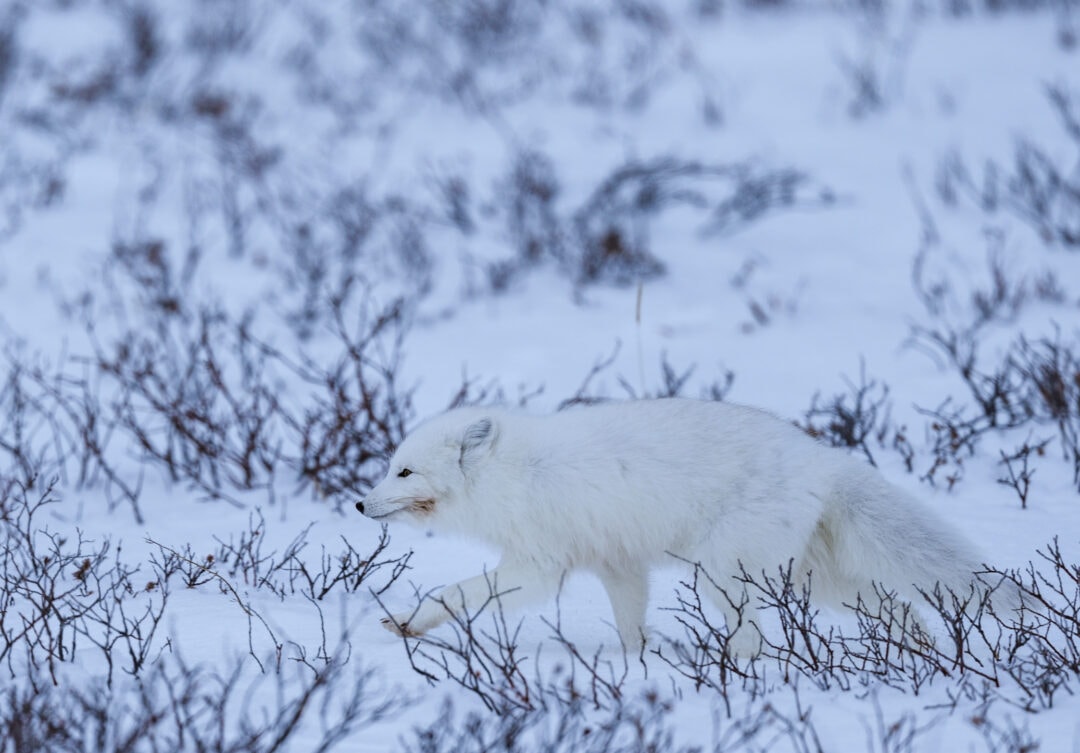
Polar bears are certainly the star of the show in Churchill, but other wildlife, including Arctic foxes, ptarmigans, Arctic and snowshoe hares, and snowy owls (just to name a few), may make an appearance as well.
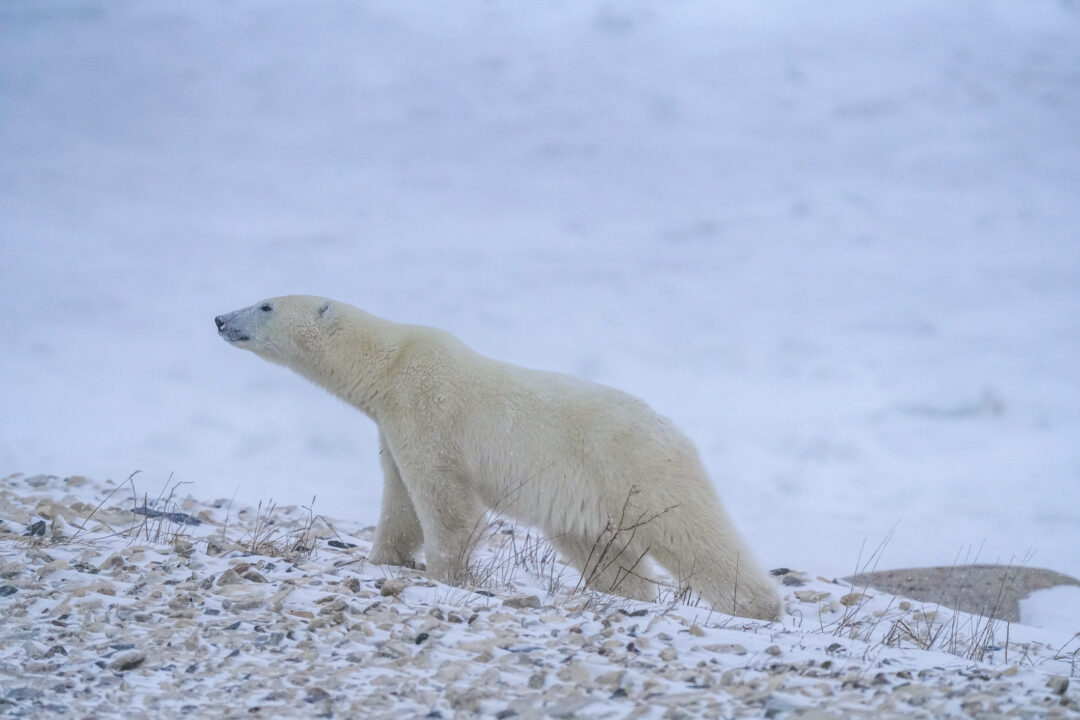
Polar bears are massive; they can be as tall as 10 feet and weigh more than 1,200 pounds. This curious bear approached another buggy in front of us, stretching its long neck in an effort to check us out.
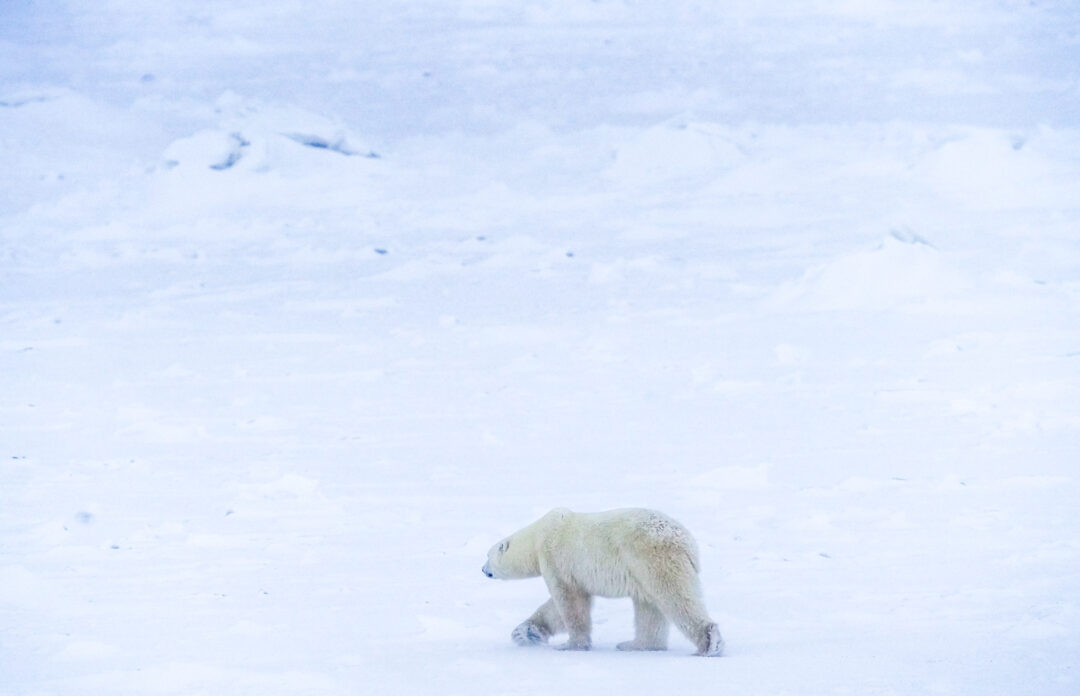
Binoculars will help you spot the nearly camouflaged wildlife of the tundra. While looking for polars bears and other Arctic animals, you’ll have the opportunity to hear stories and information about the area and the wildlife that call it home.
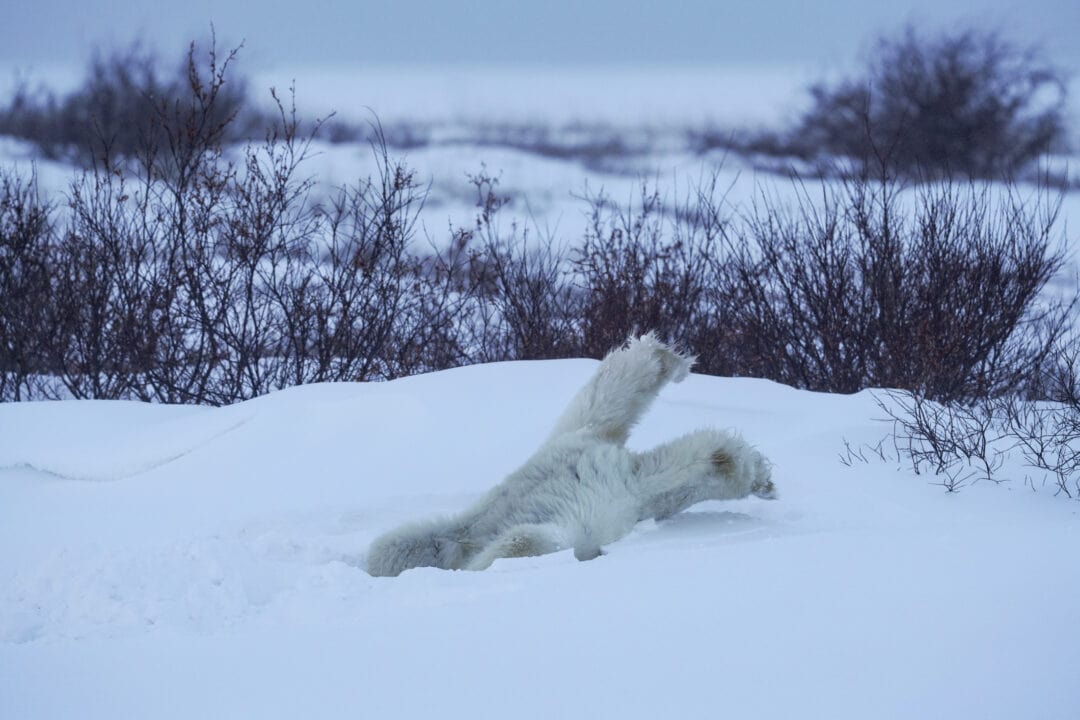
Polar bears have unique personalities, which we got to observe first-hand. We saw them wrestle, roll around, shake snow off, make a bedding area, and even comically stretch with their heads in the snow.
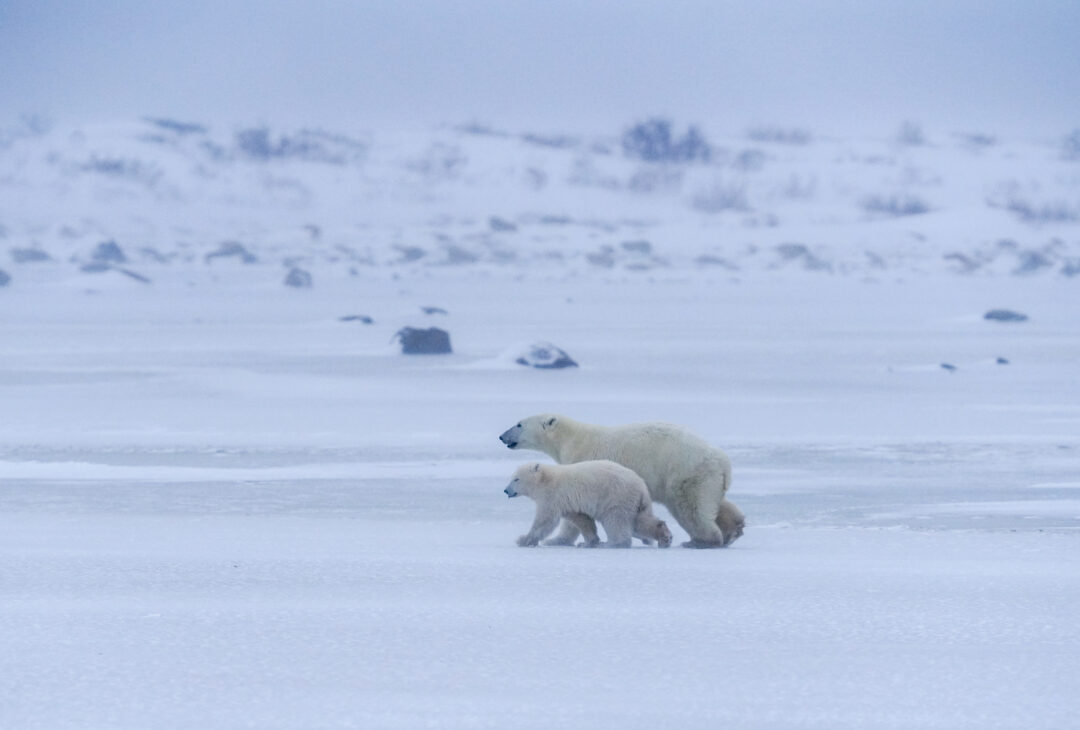
A polar bear mom and cub sighting is a real treat and feels like hitting the wildlife-viewing jackpot. These two were sleeping when mom spotted two males approaching, causing them to quickly scurry off in the opposite direction.
